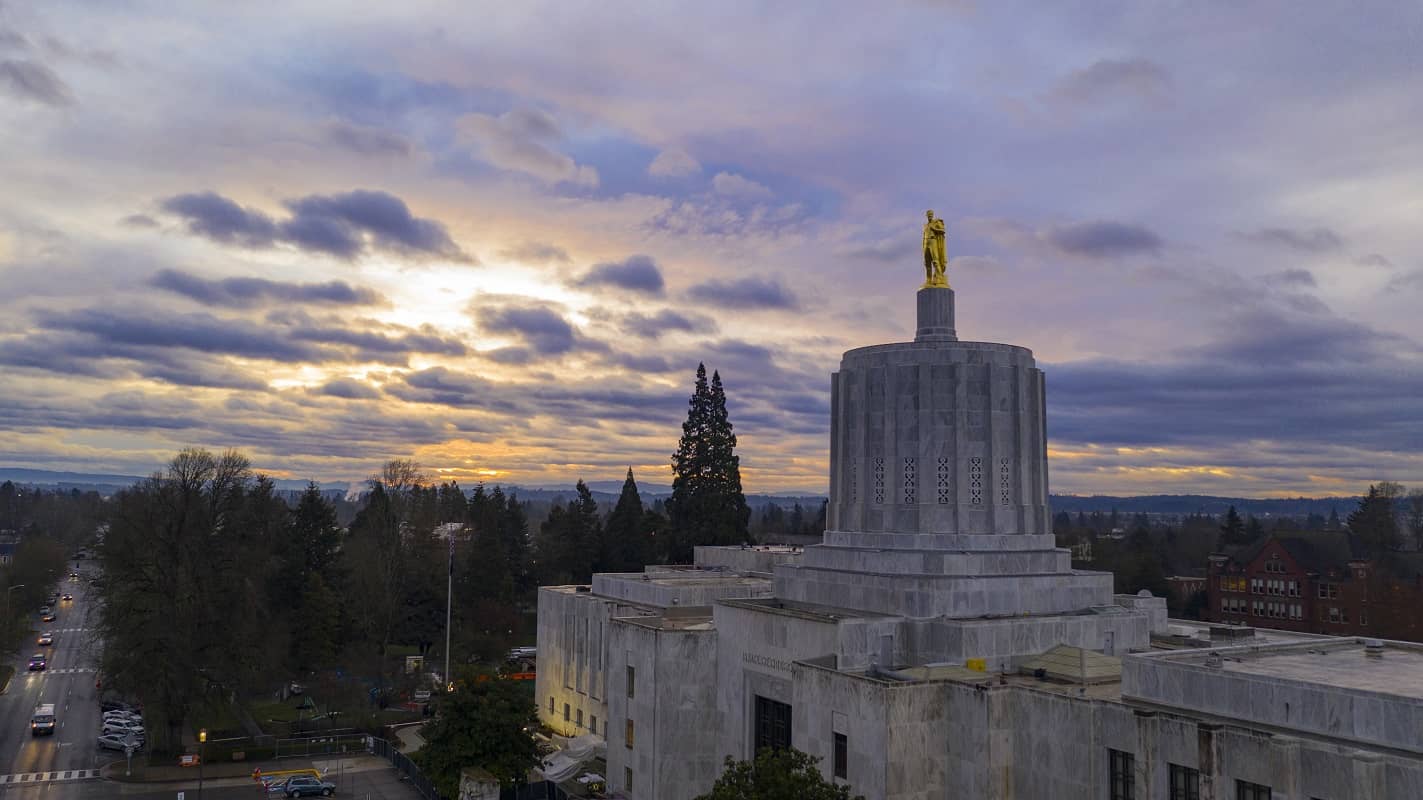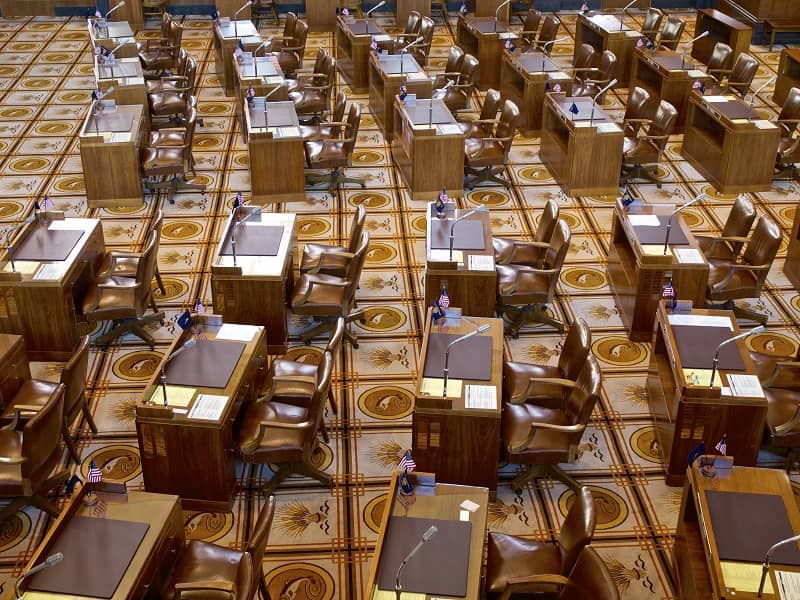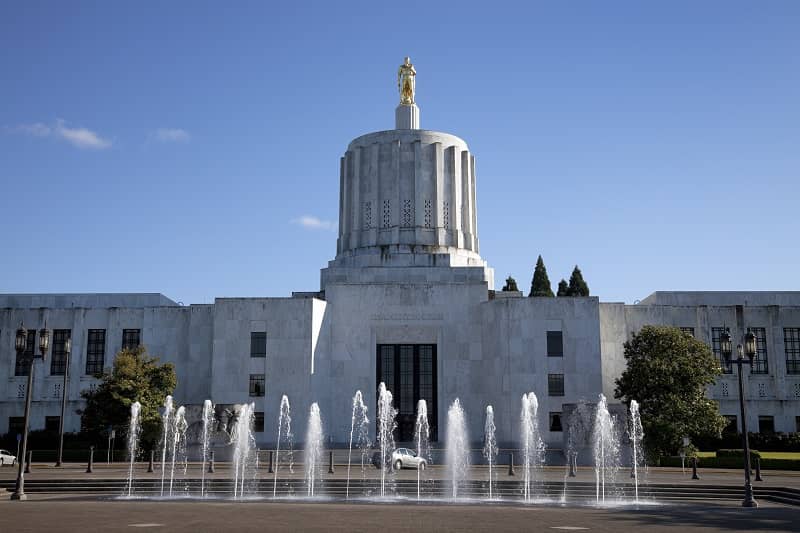April 26, 2024
Ms. Jennifer Light
Director of Power Planning
NW Power and Conservation Council
851 SW Sixth Avenue, Suite 1100
Portland, OR 97204
Re: Comments on “Preparing for the Council’s Ninth Power Plan”
Dear Ms. Light,
Below are some suggestions for your staff as they prepare to draft the Ninth Power Plan:
West-Wide Decarbonization Policy: I cannot speak to policies in other states, but the evidence in Oregon is that decarbonization policies adopted over the past several decades are not being implemented. In fact, Oregon’s reliance on fossil fuels for electricity is increasing, not decreasing.
According to ODOE, coal and natural gas accounted for 44.7% of Oregon’s electricity generation in 2012. By 2021, the market share for fossil fuels had increased to 46.3%. Coal use declined, but was more than offset by natural gas, which grew from 12.7% to 24.5%. This trend can be seen in the chart below:
Major fuel sources for generating electricity used in Oregon
2012-2021
| Year | Hydro | Coal | Natural gas | Wind | Nuclear |
| 2012 | 46.0% | 32.6% | 12.7% | 5.4% | 3.1% |
| 2013 | 41.2% | 35.1% | 14.2% | 5.6% | 3.2% |
| 2014 | 41.4% | 34.1% | 14.8% | 5.6% | 3.3% |
| 2015 | 39.1% | 33.5% | 16.6% | 6.6% | 3.0% |
| 2016 | 41.0% | 28.2% | 18.5% | 7.3% | 3.5% |
| 2017 | 44.8% | 26.1% | 19.3% | 5.0% | 3.0% |
| 2018 | 43.3% | 24.8% | 21.1% | 4.7% | 3.8% |
| 2019 | 37.2% | 27.5% | 24.8% | 4.9% | 3.5% |
| 2020 | 38.9% | 26.5% | 21.5% | 7.0% | 3.5% |
| 2021 | 38.4% | 21.8% | 24.5% | 9.3% | 3.1% |
| % change | -16.5% | -33.1% | +93.0% | +72.2% | – |
In case anyone thinks this is a short-term aberration, they should go all the way back to 1990, when the resource mix was dominated by hydropower (82%), nuclear (12%), and a smattering of other sources. Natural gas accounted for a mere 1.6%.
Since then, nuclear, coal, gas and oil have all been outlawed. Hydro is a declining resource, solar is irrelevant, and wind is intermittent. Natural gas exploded because it was the only fuel that could maintain grid reliability.
I think it’s obvious that sometime before 2030, the Oregon legislature will be repealing key provisions of HB 2021, which was enacted just three years ago. No governor is going to allow chronic electricity shortages simply for the purposes of virtue signaling about climate change.
As a reference point on a related issue, consider that in 2017, then-Rep. Tina Kotek joined her legislative colleagues in ordering the Oregon Department of Transportation to begin tolling I-5 in the Portland region, and all of I-205. ODOT followed the legislative direction and prepared to implement tolling in 2026.
Chaos ensued. Now-Gov. Kotek, who would like to get re-elected in 2026, euthanized ODOT’s tolling scheme a few months ago.
The so-called “energy transition” is a policy fantasy that has no relevance to the real world between now and 2050. We cannot run the grid on wind, solar, batteries and demand response. Legislators may not understand that, but your planning staff should be more realistic, especially as electricity demand explodes due to data centers, AI, and state-level “electrify everything” policies.
Sincerely,
John A. Charles, Jr.
President & CEO












